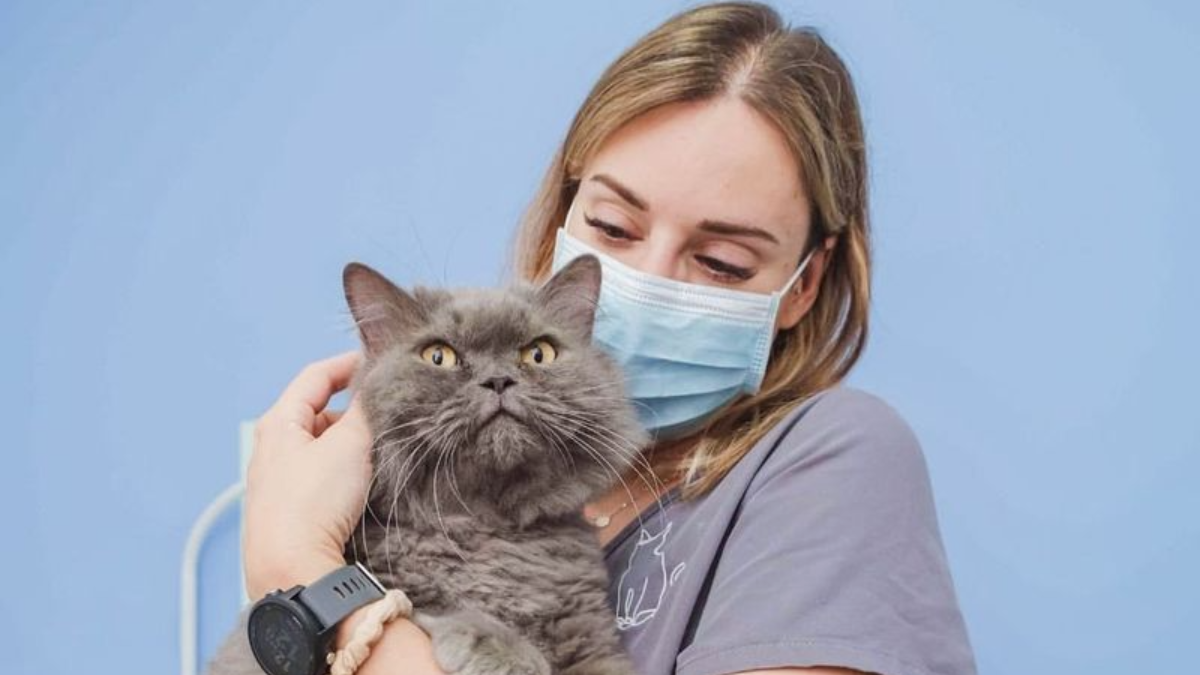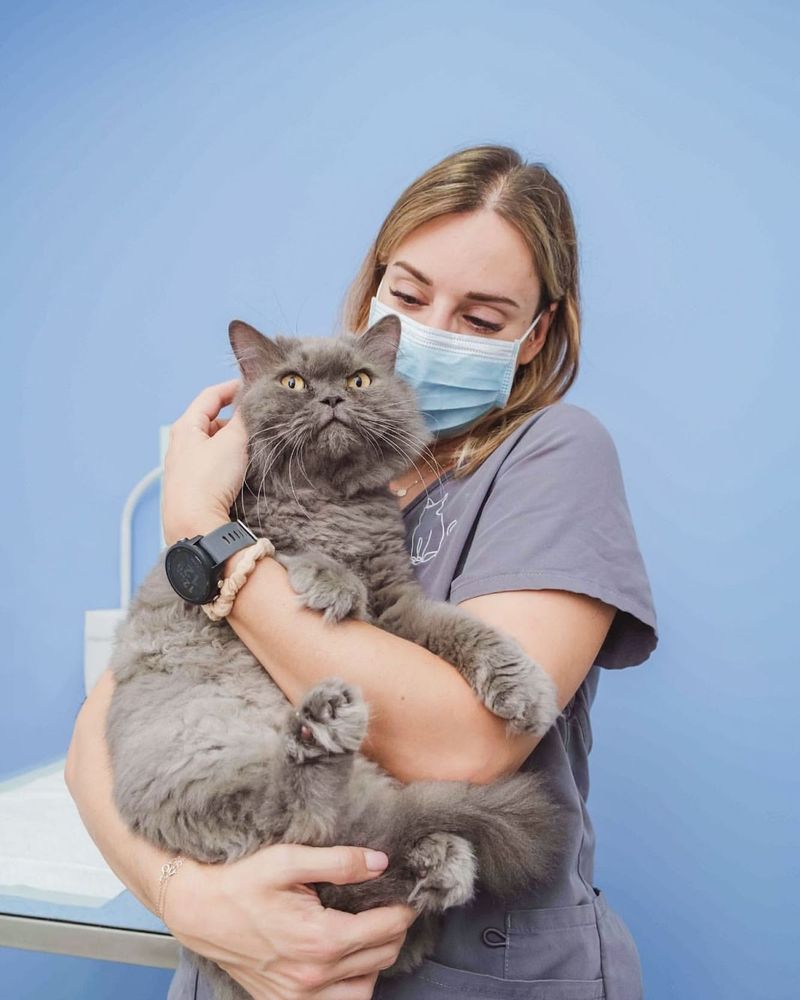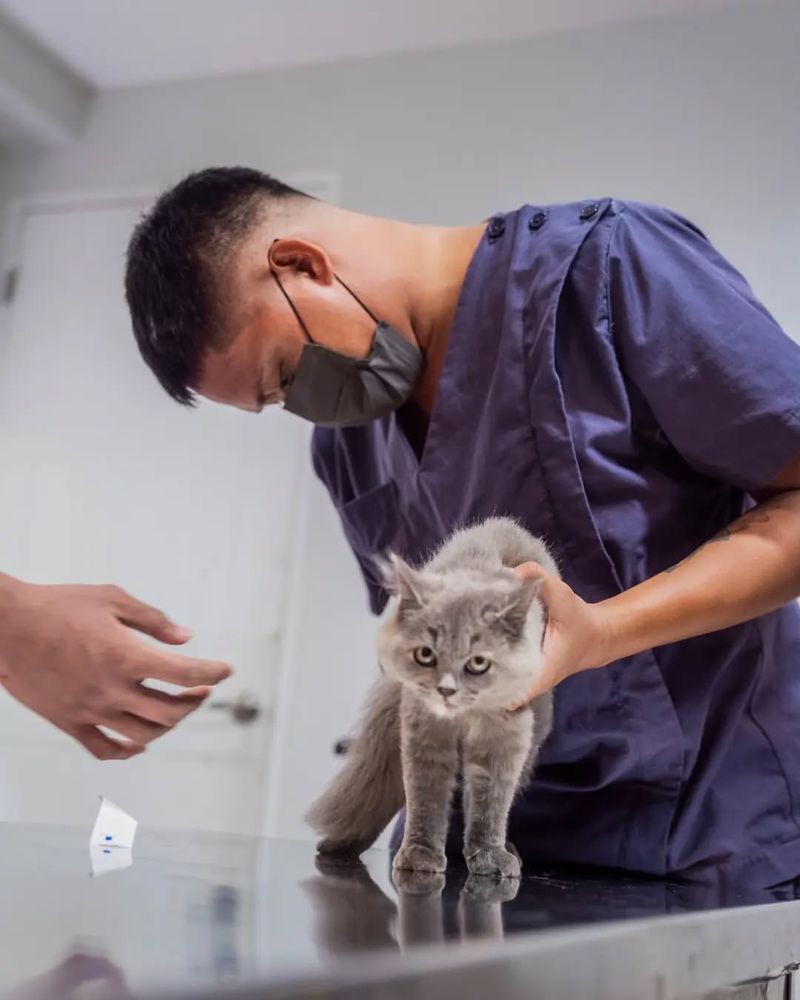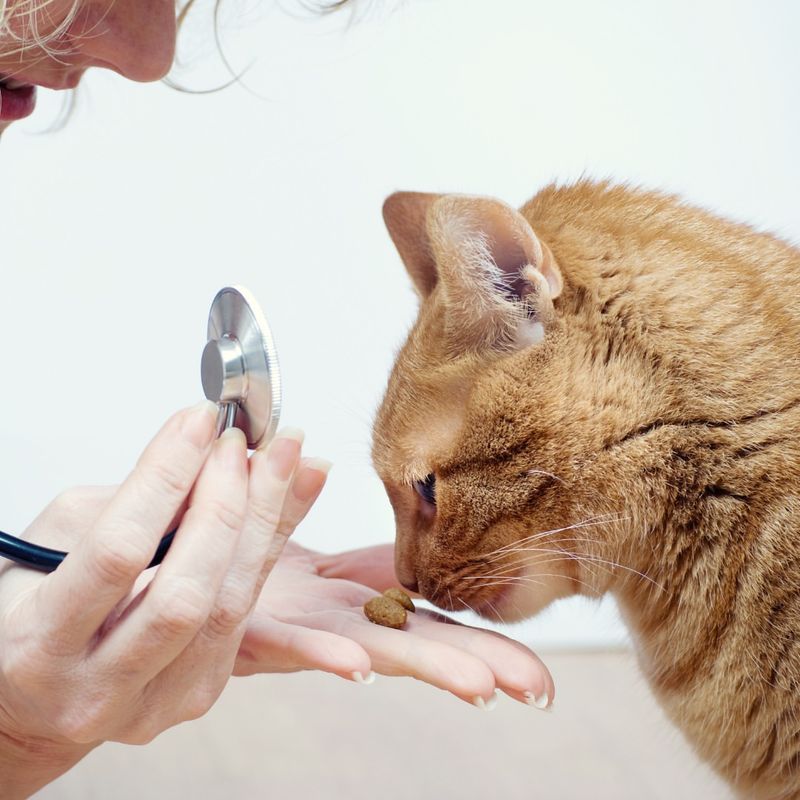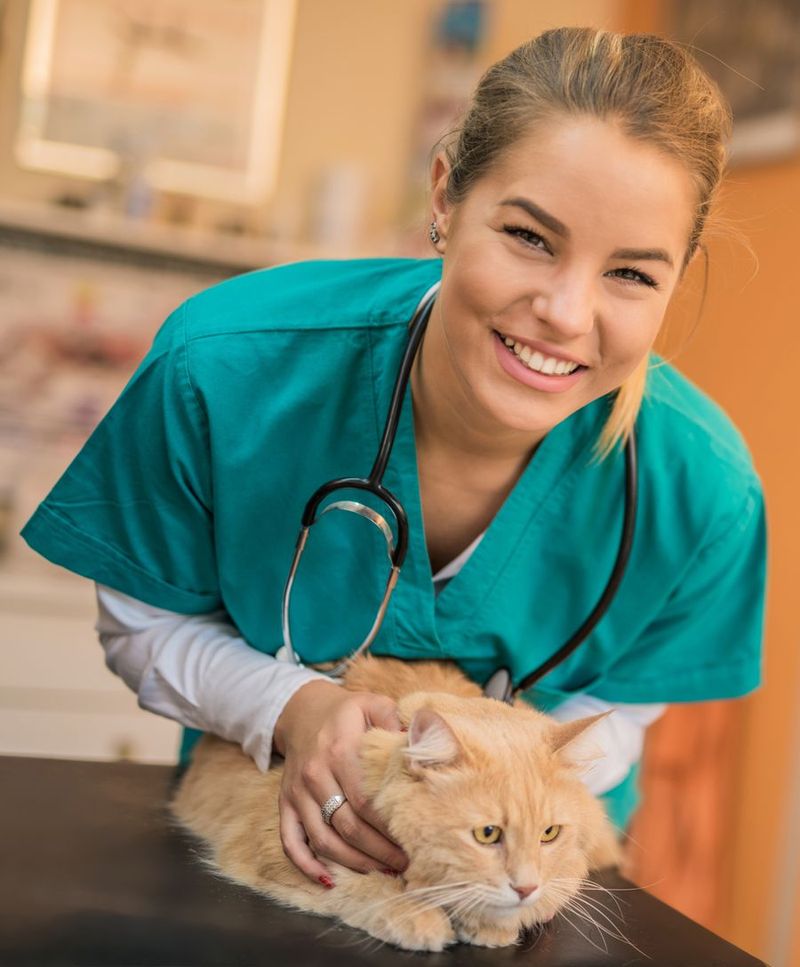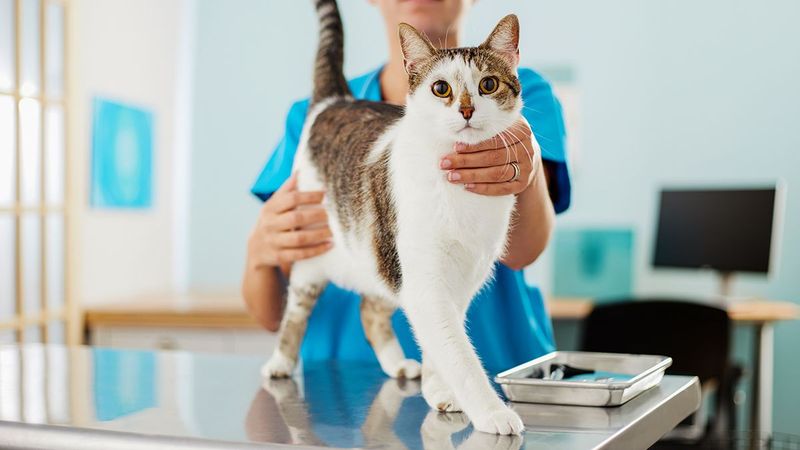📖 Table of Content:
Bringing a new feline friend into your life is a whirlwind of purrs, playful antics, and adorable chaos. But amid all the snuggles and Instagram-worthy moments, there’s an important milestone every cat parent faces: the first vet visit.
Whether you’re a seasoned pet owner or this is your first venture into the world of whiskers and meows, that initial trip to the vet can feel like uncharted territory.
What happens during the visit? Will your cat be the picture of calm or unleash their inner drama queen? And how can you, as their devoted human, make the experience as smooth and stress-free as possible?
Don’t worry—we’ve got you covered! In this guide, we’ll walk you through everything you need to know about your cat’s first vet appointment, from prepping for the trip to understanding the check-up process.
1. Initial Health Assessment
During your cat’s initial vet visit, the veterinarian will perform a thorough health assessment. This typically includes checking your cat’s weight, temperature, and heart rate. The vet will also examine your cat’s eyes, ears, mouth, and skin for any signs of abnormalities.
Understanding your cat’s baseline health is important. The veterinarian may ask questions about your cat’s behavior at home, their diet, and any previous medical history. This information helps in identifying any potential health issues early on.
Additionally, the vet might discuss any specific concerns you have and offer advice on general cat care. This initial assessment is key to establishing a health profile for your pet, ensuring they receive all necessary care and attention.
2. Vaccination Overview
Vaccinations are a crucial part of your cat’s first vet visit. The vet will discuss the necessary vaccines based on your cat’s age, lifestyle, and health status. Common vaccinations include rabies, feline distemper, and calicivirus.
Understanding the vaccination schedule is essential for your cat’s protection against diseases. The veterinarian may provide a card or a digital schedule to keep track of upcoming vaccines.
Additionally, the vet will explain potential side effects of vaccinations and what symptoms to monitor after the shots. Knowing what to expect helps you prepare and ensures your cat’s comfort post-vaccination.
This discussion not only emphasizes the importance of vaccinations but also sets expectations for future visits to keep your pet healthy.
3. Nutritional Guidance
Discussing your cat’s diet is an integral part of their first vet visit. The veterinarian will provide insights into nutritional needs based on your cat’s age, weight, and lifestyle.
Understanding different types of cat food, from dry kibble to canned wet food, is essential in maintaining your cat’s health. The vet may recommend specific brands or types based on your cat’s health profile.
Moreover, the vet might cover portion sizes, feeding schedules, and dietary supplements if needed. Proper nutrition plays a vital role in your cat’s overall well-being and can prevent many health issues.
This guidance helps you make informed decisions about your pet’s diet, contributing to their long-term health and happiness.
4. Fleas and Parasite Prevention
Parasite prevention is a key discussion during your cat’s first vet visit. The vet will explain the risks of fleas, ticks, and worms, especially if your cat spends time outdoors.
Understanding prevention methods, such as topical treatments or oral medications, is crucial. The veterinarian will guide you on administering these treatments safely and regularly.
Additionally, the vet may discuss any symptoms of parasite infestations to watch for, ensuring you can act quickly if needed. Effective parasite control not only protects your cat but also keeps your home environment healthy.
5. Behavior and Socialization
Understanding your cat’s behavior is vital, and the first vet visit is an opportunity to discuss this with your veterinarian. The vet may ask about your cat’s daily activities, interaction with family members, and any behavioral concerns.
Recognizing normal versus problematic behaviors is important. The veterinarian might provide tips on socializing your cat with other pets or addressing specific issues like scratching or aggression.
Additionally, the vet can recommend techniques or resources for further training and socialization. This guidance helps foster a positive environment for your cat, ensuring they are well-adjusted and happy.
Addressing behavioral aspects early can prevent future issues and enhance the bond between you and your feline friend.
